French Foreign Minister Jean-Noel Barrot Calls for a Ban on X: A Stand Against Unregulated Public Debate
In a bold move that has garnered significant attention both in France and internationally, French Foreign Minister Jean-Noel Barrot has called for a ban on the social media platform X (formerly known as Twitter). His remarks have ignited a heated discussion about the regulation of public discourse on social media and its implications for democracy, privacy, and free speech.
Barrot’s call to action highlights concerns over the growing influence of foreign-owned social media platforms on public debates in France. He argues that these platforms are unregulated, allowing public discussions to occur without the necessary safeguards. His statement suggests that platforms like X, controlled by billionaire tech moguls from the United States or China, have too much power in shaping political and social narratives, often beyond the control of national governments.
The Power of Social Media in Public Debate
In today’s digital age, social media platforms have become the primary venues for public discussion. Whether it’s politics, social issues, or international relations, these platforms serve as a public square for millions of people worldwide. However, the unregulated nature of these platforms has raised concerns about the quality and integrity of the discussions taking place.
Jean-Noel Barrot’s remarks come at a time when the influence of social media has never been more pronounced. With elections, social movements, and public opinion increasingly being shaped by digital interactions, the question arises: who controls these platforms, and how does their ownership influence the discourse that occurs on them?
Barrot’s concern is particularly focused on platforms like X, which are owned by tech billionaires from countries with differing political systems and values than France. The power these individuals hold over the flow of information and the shaping of public opinion is a growing point of contention, especially in a democracy that prides itself on the free exchange of ideas within a regulated framework.
Why Ban X? The Issue of Unregulated Platforms
Jean-Noel Barrot’s call to ban X is grounded in a few key concerns that reflect broader debates about the role of social media in society.
- Lack of Regulation: One of the core issues Barrot raised is the unregulated nature of platforms like X. Without sufficient oversight, these platforms are able to set their own rules, often without any regard for the specific needs or values of the countries where they operate. The absence of a regulatory framework means that harmful content, disinformation, and even foreign interference in national affairs can flourish unchecked.
In many cases, the platforms themselves have been slow to address issues like hate speech, misinformation, and data privacy concerns, leading to frustration among citizens and governments alike.
- Foreign Ownership: Barrot also highlights the fact that platforms like X are owned by American billionaires (previously Elon Musk) or Chinese tech companies. These owners may have interests that are not aligned with the values or interests of France, potentially leading to the manipulation of public discourse. Barrot’s argument reflects growing fears that tech giants based outside of Europe hold disproportionate power in shaping public opinion, especially in matters of national interest.
- Impact on Democracy: Barrot’s comments touch on the broader implications for democracy. He contends that the unregulated flow of information on social media has led to the erosion of meaningful public debate. Instead of engaging in constructive discussions, citizens are bombarded with sensationalized headlines, polarizing content, and misinformation.
This “delocalized” nature of public debate means that the voices of national governments and local institutions are often drowned out by louder, more influential international players. Barrot seems to suggest that this imbalance undermines democratic processes, which rely on informed and open discourse.
What Does This Mean for France and Other Countries?
Barrot’s remarks are particularly significant because they represent the views of a high-ranking government official. His call to ban X could set a precedent for other countries that are similarly concerned about the influence of foreign-owned platforms on their domestic political landscapes. Several European nations, including Germany and the United Kingdom, have already raised concerns about the power of big tech companies and have begun to explore legislation aimed at regulating them.
France has also been at the forefront of introducing new regulations aimed at curbing the excesses of social media. In 2019, the French government passed a law that requires social media platforms to remove hateful content within 24 hours, and President Emmanuel Macron has also been vocal about the need for better oversight of the digital space.
Barrot’s comments further align with these regulatory efforts, signaling that France may take even more decisive action against platforms that fail to adhere to national laws and values.
The Future of Social Media Regulation in Europe
As the debate continues, the question remains: how should governments balance the need for regulation with the principles of free speech and open dialogue? Barrot’s position underscores the growing tension between the power of private companies and the rights of citizens in a democratic society.
Social media platforms have vast global reach, and any attempt to regulate them must account for their international nature. However, with growing concerns over misinformation, election interference, and data privacy, more governments are likely to take a more aggressive stance in regulating these platforms.
In Europe, the European Union has already taken steps toward regulating big tech. The Digital Services Act (DSA) and the Digital Markets Act (DMA) are designed to provide stricter guidelines for tech giants operating in the EU, especially when it comes to issues like content moderation, user privacy, and competition.
For France, Barrot’s call to ban X could be a sign of things to come. The country may soon enact laws or policies that further regulate social media platforms and their influence on public discourse.
Conclusion: A Global Debate on the Role of Social Media
Jean-Noel Barrot’s call to ban X is not just a local issue for France. It is part of a much larger global debate about the role of social media in our lives and its impact on democracy. As governments worldwide grapple with how to regulate these platforms, the future of online discourse remains uncertain. Will governments assert more control over social media, or will platforms like X continue to operate with minimal oversight? One thing is clear: the power of social media, and the billionaires who control it, will remain a central issue in political discussions for years to come.
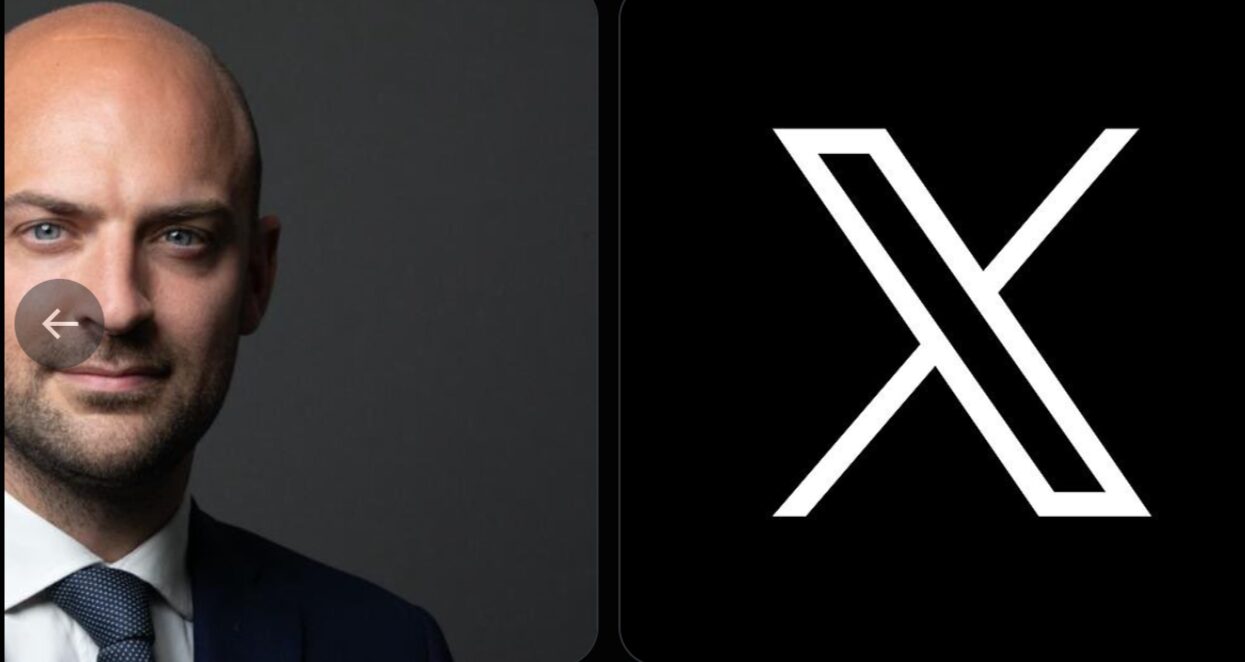

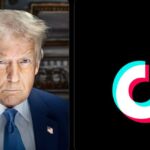


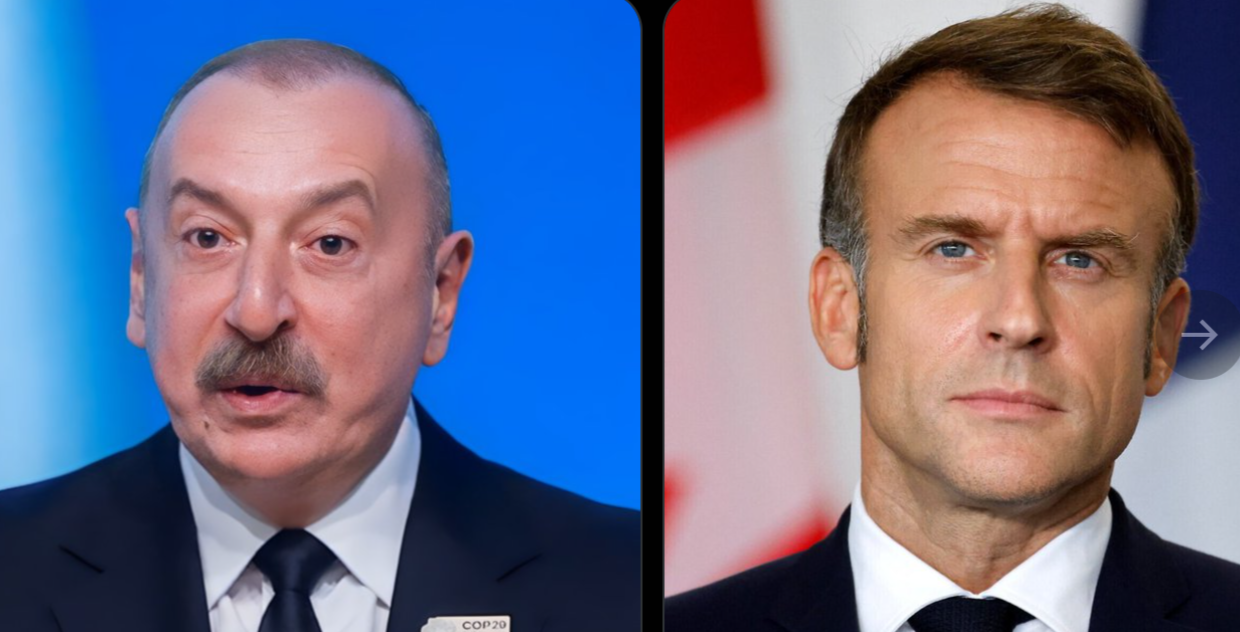
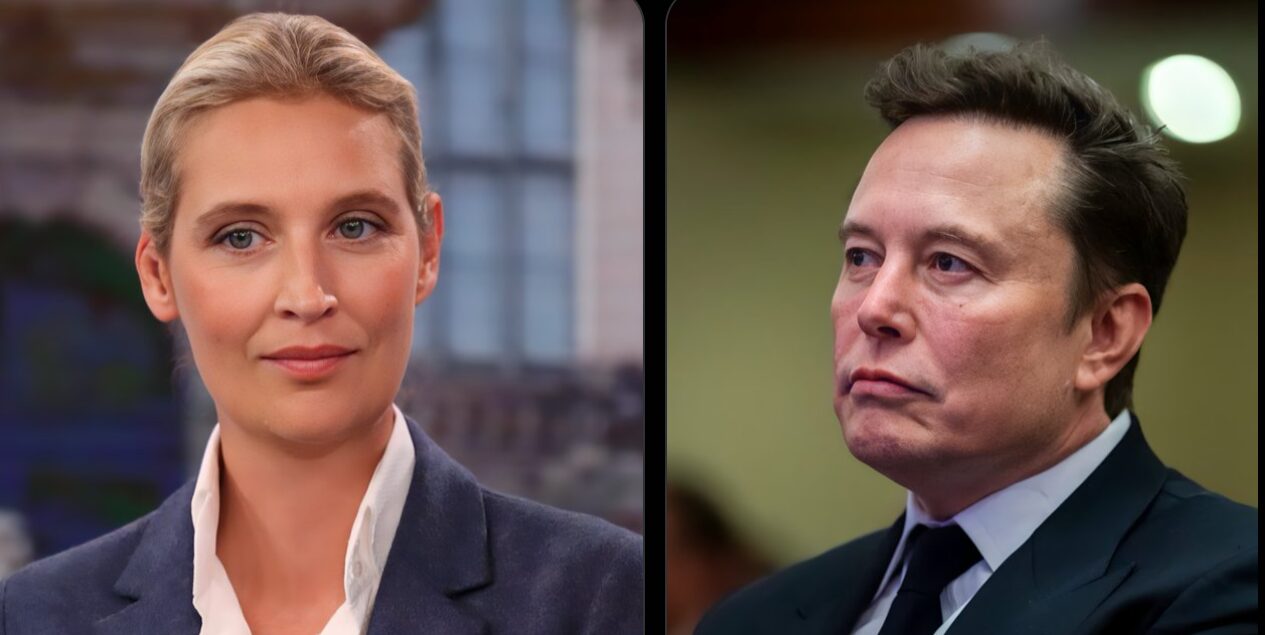
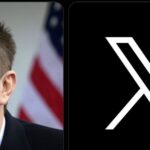









Post Comment